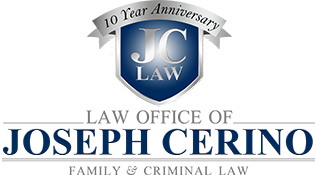Child custody and visitation agreements are often the most sought-after and contentious elements in a family law matter. Most people love their children and will do anything to protect them. Issues can arise when parents disagree about the best way to care for their children. When those differences can’t be resolved through informal discussions, the matter must be taken to court so a judge can determine the arrangement that supports the best interests of the children.
Child custody cases often revolve around substance abuse issues. Parental substance abuse can have a profound effect on a child’s wellbeing. Children in homes where substance abuse occurs are at an increased risk of neglect or abuse, and these children may also wind up having to deal with poverty, transient living and homelessness. Substance abuse among parents can harm children by stunting their emotional development, causing mental health issues such as depression and anxiety, and even leading children to substance abuse problems of their own.
Drug or alcohol abuse can severely diminish a parent’s ability to appropriately care for a child. An intoxicated parent may be less likely to respond to a child’s needs and his or her anger and other emotions may be more challenging to manage. This can lead to detachment. Substance abuse can also cause social isolation and family estrangement. Incarceration for substance abuse-related offenses can split families apart.
A lot is at stake when drugs and alcohol interfere with child care. Children are fragile and can suffer mentally, physically and emotionally when one or both of their parents are abusing drugs or alcohol. This is why sober parents should consider legal action to protect their children from parents who are struggling with substance abuse or addiction. A family law attorney who is able to handle issues related to child custody and family law may be helpful in seeking modifications to existing visitations and arrangements.

